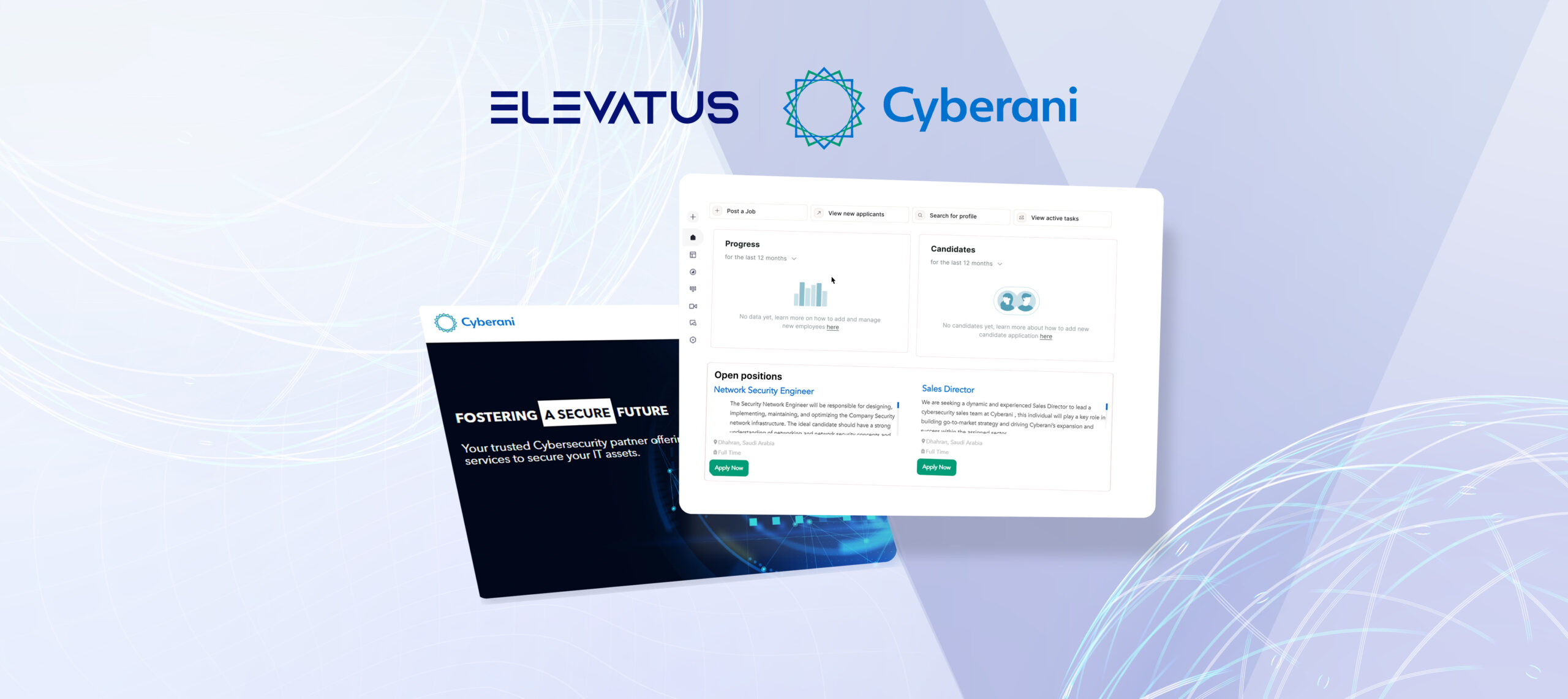
Insourcing definition
November 9, 2023
Reem Al-Tamimi
Content Writer
Insourcing is a recruitment strategy where organizations fill vacancies using their existing workforce. Instead of external hires, qualified internal candidates are identified and offered new roles or responsibilities, maximizing talent utilization and fostering employee growth within the company.
How does insourcing work?
Insourcing is a recruitment technique where organizations prioritize their existing workforce to fill open roles. By tapping into internal talent, companies can leverage the expertise and familiarity of current employees, ensuring a smoother transition into new positions. However, it’s crucial to understand that insourcing isn’t always the best solution for every hiring scenario.
Sometimes, a role might necessitate unique skills or viewpoints not present within the organization. While internal employees might have shared experiences and similar backgrounds, recruiting externally can introduce fresh perspectives, innovations, and diverse experiences. External hires can enhance an organization’s cultural diversity and overall performance by bringing in a broader range of insights.
Furthermore, insourcing is particularly valuable for preparing employees for leadership or critical roles, making it apt for higher positions. Conversely, for entry-level roles or jobs with limited career growth, external recruitment might be more fitting. A thorough evaluation of organizational needs, available talent, and growth potential should guide whether to insource or hire externally. Often, a blend of both strategies yields the most comprehensive approach to an organization’s staffing needs.
What are the benefits of insourcing?
Insourcing, as a recruitment approach, capitalizes on the internal talent pool of an organization. The benefits of insourcing are multi-faceted, providing not just economic advantages but also enhancing employee morale and leveraging in-house expertise. Key benefits include:
Cost Savings:
- Insourcing often proves more cost-effective than external recruitment. It eliminates costs associated with job postings, recruitment agencies, and new employee onboarding.
- Training expenses are minimized since internal candidates are already acquainted with the company’s operations and culture.
Retention and Employee Development:
- Promoting from within boosts employee loyalty and satisfaction, leading to higher retention.
- Demonstrating a commitment to career progression can reduce turnover and the associated costs.
Knowledge and Experience:
- Internal candidates have a thorough understanding of the company’s workings, which is invaluable in new roles.
- The organization can leverage this in-depth knowledge, avoiding the adjustment period typical with external hires.
Motivation and Morale:
- Insourcing can invigorate the workforce, improving morale and motivation.
- Recognizing and promoting internal talent sends a positive message, fostering a sense of value and engagement among employees.
Dive into the world of HR without getting lost in the jargon! In a field about nurturing talent, there’s no room for confusion around the latest terminology.
Introducing our comprehensive Glossary. This is more than just a dry catalog of definitions; it’s a treasure trove of knowledge that unveils the heart and soul of each term.
Discover our ever-expanding collection of Recruiting Definitions within the HR domain today!
Turn top talent to employees fast
Hire, assess, onboard and manage top talent for every job. See how Elevatus streamlines everything; from acquire to new hire.
Request a demoAuthor
Reem Al-Tamimi
Don't miss a thing!
Stay one step ahead. Subscribe and get the latest updates, news, and insights from Elevatus straight to your inbox.





